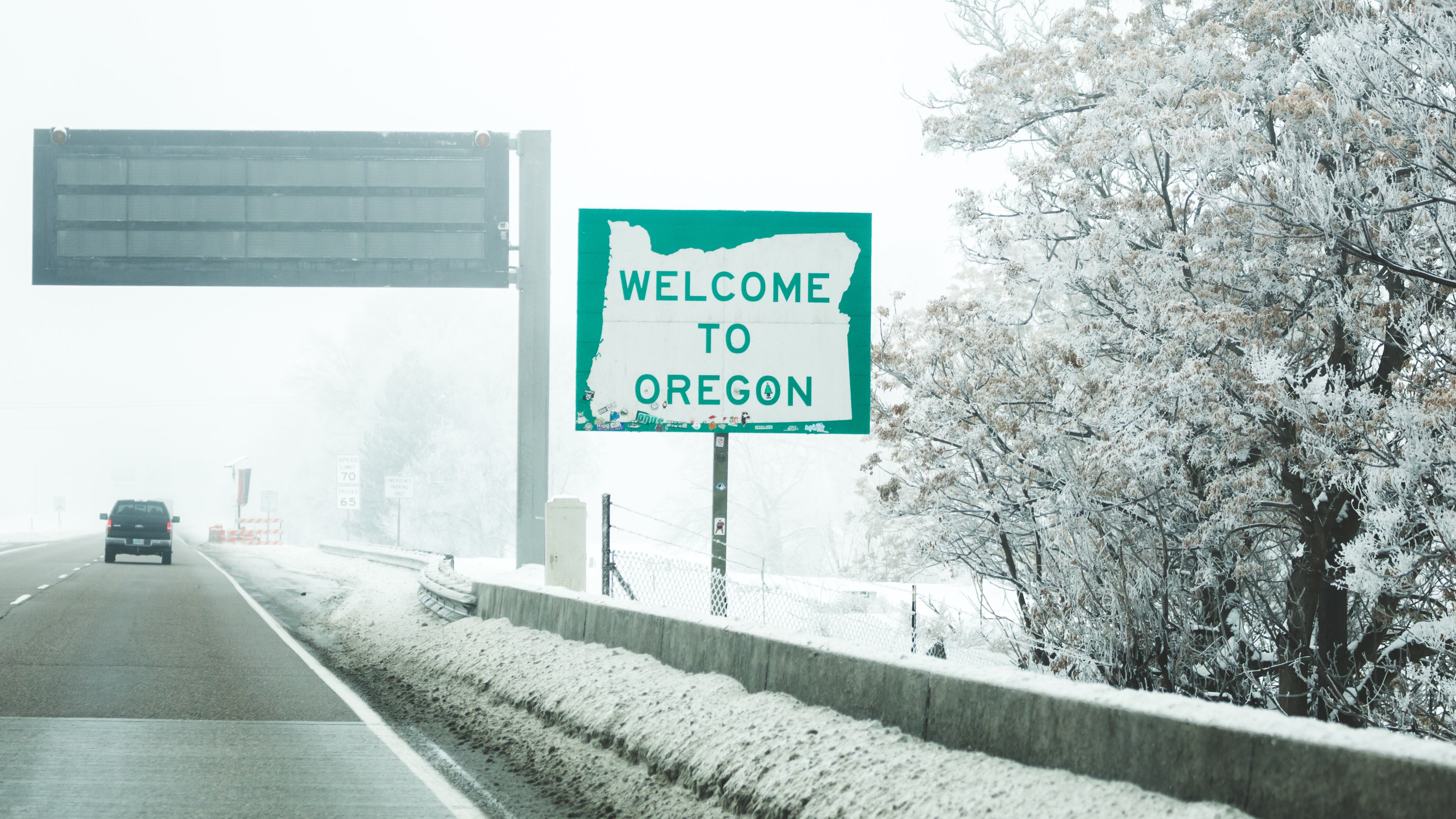A friend of mine, who lives in Oregon, recently got arrested in a distant red state and could be facing jail time (for an offense nobody would do time for here). While he’s awaiting trial, he can’t leave that state. But what happens after he’s paid his debt to society? Will he be stuck in Trump country for his entire post-release supervision, or can he get his case transferred to an Oregon parole officer? —Lionel Hutz
Congratulations, Lionel—you’re about to take your first, halting steps into the wild and woolly world of interstate compacts. How I envy you!
Interstate compacts create laws that apply across multiple states (the Interstate Compact for Adult Offender Supervision, to choose a salient example, governs all 50), without being federal law. Famous examples include the National Popular Vote Compact (reforming the Electoral College) and the Colorado River Compact (apportioning the river’s water among the states).
ICAOS does provide for the kind of transfer your friend may end up needing. If he can show that he’ll have a stable home and a robust support network in the receiving state (i.e., Oregon), he can request a move through his local supervising authority—though, under the rules, he’ll need permission from the state he’s in now.
How do such rules get made? When ICAOS was first adopted in 1937, it created an Interstate Commission for Adult Offender Supervision (with, annoyingly, the same acronym). This commission boasts representatives from all 50 states who meet biennially to pass nationally binding regulations and bylaws. Other large, multistate compacts operate in a similar fashion.
If you think “representatives meeting to pass laws” sounds kind of like a regular old legislature, you’re not alone. Interstate compacts are like a hitherto unknown* layer of governance between the state and federal level. Who knew that states can just get together and convene ad hoc mini-Congresses whenever they want?
Not all interstate compacts are as sprawling as ICAOS. The Interstate Boating Offense Compact, for example, comprises only Oregon and Washington, and is not to be confused with the Interstate Boating Violation Compact (Georgia and South Carolina). There’s also the Columbia River Compact, between Oregon and Washington, which is not to be confused with the Columbia River Gorge Compact (also between Oregon and Washington), and certainly not with the Oregon-Washington Columbia River Boundary Compact. (The latter’s member states are left as an exercise for the reader.)
*To me, anyway.
Questions? Send them to dr.know@wweek.com.

